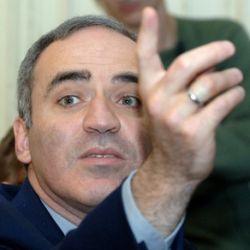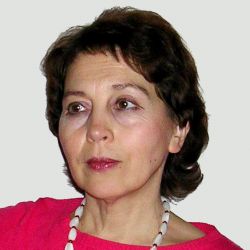Over the last few days, a number of protest rallies have moved through Russia. The protests took place in Chelyabinsk, Vladivostok, Moscow and St. Petersburg. The range of reasons given for people’s discontent includes: state policies during the economic crisis, increasing prices, utility bills and customs duties etc. Russian authorities have responded to the recent increase in demonstrations by targeting organizers, unlawfully detaining protesters, and revising current criminal and procedural laws under the pretext of anti-terrorism.
Stopped every 500 meters
In particular, members of «Solidarity», a new movement which unites democratic forces from different regions, were unlawfully detained on their way home after a meeting in Chimki (Moscow region) on December, 12-14. Their buses were stopped by riot police, practically every 300-500 meters, and were not allowed to move on. Once they were stopped, the police requested that all the people on the bus go to the nearest police station for verification of their identities. The people refused and requested that police check their identification documents inside the bus. The buses, however, were then escorted by the police into a nearby forest. The people on the bus were then illegally detained for more than six hours.
In conjunction with the violation of the right of assembly, human rights activists have prepared an application to the Prosecution Office and the Ministry of the Interior with the request to investigate this case and bring those responsible to justice.
90 detained in Moscow, 60 in St. Petersburg
Another incident took place in Moscow where riot police beat and detained dozens of anti-Kremlin demonstrators last Sunday. Police thwarted an anti-Kremlin protest, organized by the Other the Russian Federation opposition group, seizing demonstrators and shoving them into trucks. Moscow police detained 90 people, including the group’s co-leader and a Moscow Times reporter.
 In St. Petersburg, another 60 protesters were detained. The detainees, who said they were activists with opposition groups, including Garry Kasparov’s, left, United Civil Front, the newly formed Solidarity movement and the banned National Bolshevik Party, were held for about two hours before being released. Activists were required to sign papers promising to appear in court for administrative code violations for attending the unsanctioned event.
In St. Petersburg, another 60 protesters were detained. The detainees, who said they were activists with opposition groups, including Garry Kasparov’s, left, United Civil Front, the newly formed Solidarity movement and the banned National Bolshevik Party, were held for about two hours before being released. Activists were required to sign papers promising to appear in court for administrative code violations for attending the unsanctioned event.
-Emergency justice
Opposition leaders say they are determined to push ahead. Kasparov, a former world chess champion, who has become the most prominent figure in opposition factions, loosely allied in the Other the Russian Federation coalition, called it “truly amazing” that 2,000 protesters would turn out in Moscow to face 9,000 police and interior ministry troops.
Against this background, an attempt by some officials to push through amendments on certain articles in the Criminal Procedural Code to remove, in some cases (on terrorism, and some other crimes which may be qualified as cases against the state power) the right to a jury trial, is a cause for concern. The general opinion is that, under the pretext of the need to combat terrorism, the authorities are now seeking to discourage people from protesting against the various consequences of the current economic crisis. Liudmila Alexeeva, leader of Moscow Helsinki Group, comments that "we are forced to face up to ’emergency justice’ in the country."
 -Authorities will seek ways to legalise increased repression
-Authorities will seek ways to legalise increased repression
Some human rights organizations, including Russian Research Center for Human Rights, appealed to President Dmitry Medvedev not to sign the draft revision laws, which they consider a violation of general principles of sovereignty and justice. The human rights organisations expressed anxiety that the law may jeopardise the effectiveness and credibility of the actual struggle against terrorism.
Liubov Vinogradova, right, member of the Board of the Russian Research Center for Human Rights, added that "in face of the economic crisis, the protest activity will grow and the authorities will seek ways to legalise the increased repression of the ‘orange forces’."


